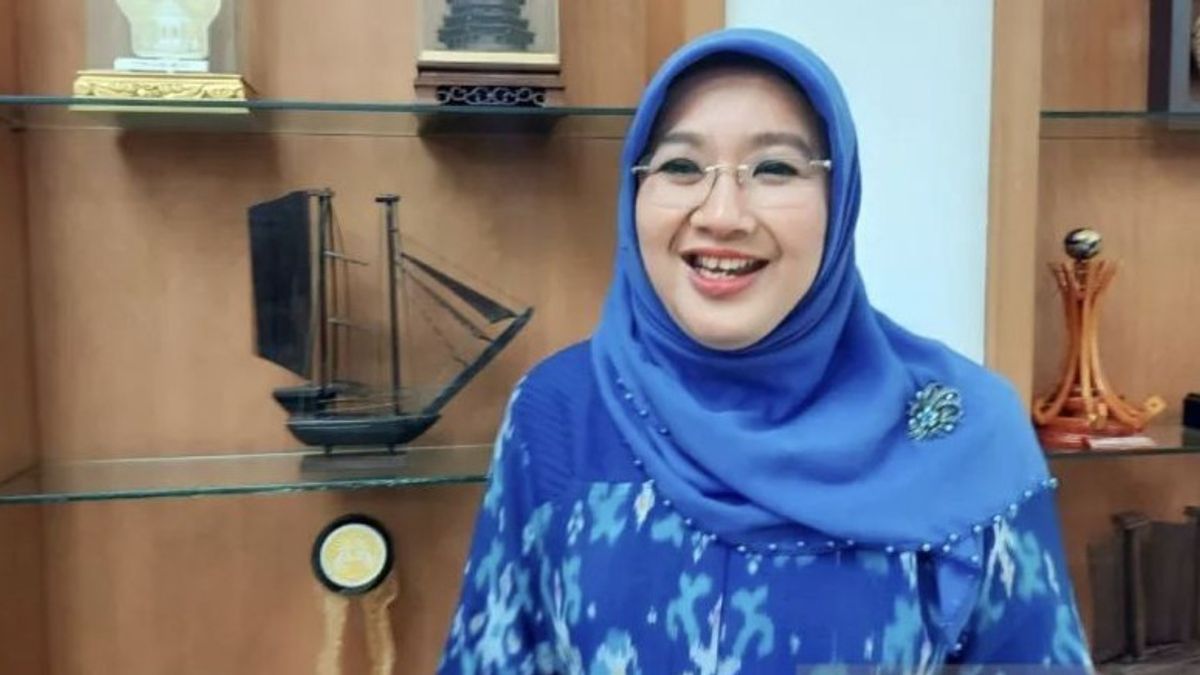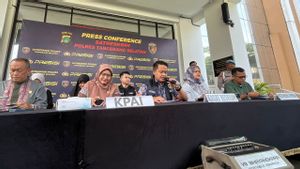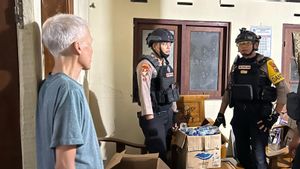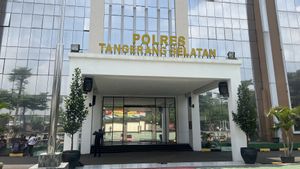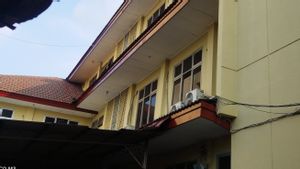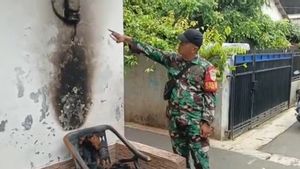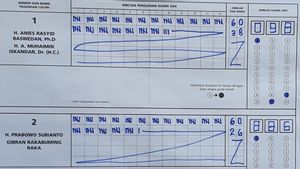JAKARTA - The Ministry of Health stated that the COVID 19 pandemic was a lesson for Indonesia in the development of health infrastructure so that the country is more prepared to face other pandemics in the future.
"The COVID 19 virus is still mutating, and WHO has warned that there is an X virus that is not yet known but can cause a pandemic. This means that we must get ready," said Head of the Communication and Public Service Bureau of the Ministry of Health, Siti Nadia Tarmizi, quoted by VOI from ANTARA, Sunday, March 3.
Nadia gave this response regarding the first 3 years of the commemoration of the COVID-19 case in Indonesia. It is known that the first COVID-19 case was in Indonesia on Monday, March 2, 2020. There are two patients, namely a 64-year-old woman and her 31-year-old child.
He explained that currently COVID 19 is still there, and is still mutating. However, he said, the number of cases per day has decreased, and the fatality due to the disease has also decreased greatly.
According to Nadia, COVID-19 provides various valuable lessons, such as the provision of domestic or domestic medical devices, vaccines, and drugs, which are considered to make the country more independent. This, he said, so that the state does not depend on other parties for the future.
SEE ALSO:
In addition, he said that another lesson that Indonesia learned was strengthening research and surveillance for early detection of new viruses in an area, as well as the discovery of pain and death anomalies.
Through these things, he said, Indonesia also initiated a number of things, both on a regional and global scale. For example, the realization of COVID-19 vaccination as a national immunization program intended for vulnerable groups, such as the elderly, people with severe comorbidities or obesity, pregnant women, and children under the age of 12 who have immunocompromised.
He continued, on a global scale, there are initiatives in the form of a Pandemic Fund during the G20 and ASEAN Chairship, which are expected to be useful for increasing awareness, response, and handling of the pandemic in the future. This is also expected to encourage cooperation in the field of technology, such as whole genome sequencing (WGS), sharing information and data, as well as collaboration in the development of international capacity.
The English, Chinese, Japanese, Arabic, and French versions are automatically generated by the AI. So there may still be inaccuracies in translating, please always see Indonesian as our main language. (system supported by DigitalSiber.id)
